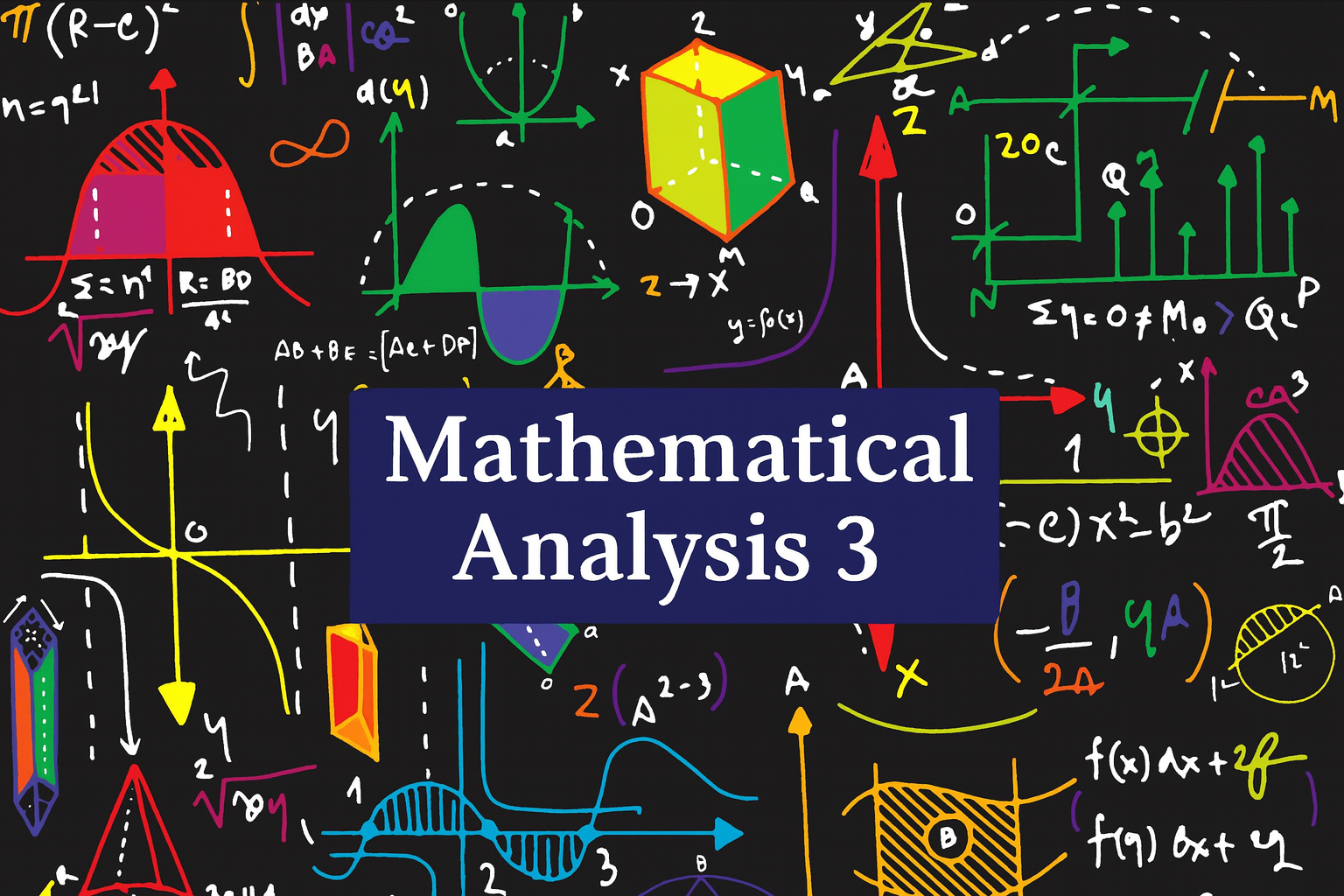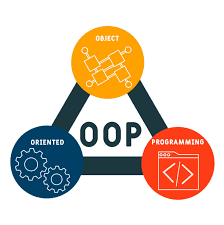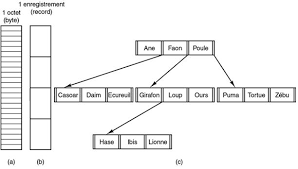
Creating a course on Algebra 3 is important for several reasons: Building on Foundations: Algebra 3 allows students to deepen their understanding of advanced algebraic concepts, building on what they learned in previous courses. Real-World Applications: It connects mathematical theory to real-world scenarios, helping students see the relevance of algebra in fields like science, engineering, and finance. Critical Thinking Skills: The course fosters critical thinking and problem-solving skills, which are essential not just in mathematics, but in everyday decision-making. Preparation for Higher Education: It prepares students for higher-level mathematics and courses in college, ensuring they have a strong foundation for future studies.
The target audience are first year engineer in computer science.
- Enseignant: ahlem benrabah
- Enseignant: farid nouioua
- Enseignant: foudil belhadj

The Entrepreneurship module introduces students to the fundamental principles, processes, and practices of entrepreneurial activity. Its main objective is to enable learners to understand how to generate, structure, and develop innovative business ideas that can lead to successful ventures.
The course begins with a definition of entrepreneurship and explores the characteristics of entrepreneurs, including creativity, risk-taking, and innovation. It then examines the entrepreneurial ecosystem, highlighting the importance of opportunity recognition, feasibility studies, and business environment analysis.
Students are guided through the process of writing a business plan, from identifying an idea and analyzing the market to planning operations, finance, and marketing strategies. Special emphasis is placed on problem-solving, leadership, and decision-making skills, which are essential for managing entrepreneurial projects.
The module also covers different forms of enterprises, financing options, and the legal framework regulating entrepreneurial activities. Finally, it addresses challenges and risks faced by entrepreneurs and provides strategies for sustainability and growth.
By the end of the module, students are expected to:
Understand entrepreneurship as a driver of innovation and economic development.
Acquire the ability to identify and evaluate business opportunities.
Develop practical skills in planning and launching entrepreneurial projects.
Strengthen personal competencies such as creativity, initiative, and resilience.
- Enseignant: salah maache

The purpose of this course is to establish sufficient conditions for the continuity and differentiability of functions defined in integral form. Discover some topological concepts in R2\mathbb{R}^2 and Rm\mathbb{R}^m. Extend the notions of limit, continuity, and differentiability of functions from Rm\mathbb{R}^m to R\mathbb{R}, and generalize them for functions from Rn\mathbb{R}^n to Rm\mathbb{R}^m. Utilize the aforementioned results to address certain optimization problems with or without constraints.
- Enseignant: khelifa djendel

|
OBJECTIVES:
|
- Enseignant: fatima hamani

In this course, second-year engineering students in computer science will explore the core principles of object-oriented programming (OOP), a fundamental approach to software development. Through structured learning, students will learn to design, implement, and maintain modular, reusable, and scalable code using key OOP concepts such as classes, objects, inheritance, polymorphism, encapsulation, and abstraction. Practical sessions will focus on applying these principles using a programming language like Java or C++. By the end of the course, students will be prepared to solve complex problems through efficient and organized code structures, equipping them for more advanced software engineering challenges.
- Enseignant: farid boumaaza

- Enseignant: Mira Lefkir

